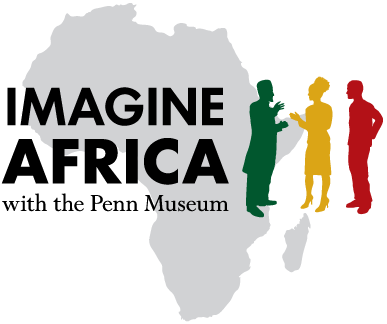It would be impossible to teach American history without discussing slavery. However, most history books only discuss the economic impacts of enslaved people, while ignoring the cultural impacts. Enslaved Africans came to the Americas with their own skills, knowledge, and culture, which influenced the history and culture of the Americas.














It often baffles my mind that the people who fought so hard for our freedom did not even consider offering the same freedom to the people who lived under their own roofs! Sometimes, I believe that this dichotomy established an “us” vs. “them” precedent that continues through to today. However, while I see slavery as an atrocious part of our history, the end of slavery and the progression since then, especially the Civil Rights Movement, is what I consider one of the greatest things about America–that we can achieve redemption and forgiveness and we can find the right path, eventually.
The horrors of slavery are so great and unfathomable to me today that it’s still hard to come to grips with them. But there’s more to slavery than morality. Slaves didn’t come here as blank slates, they brought all sorts of traditions that are still alive and well in America today. Without they’re know how we wouldn’t have collard greens, kale or okra (so no New Orleans foods!). America also would have lost out on tons of great, great music, and even zombie movies (since they come from a West African tradition). American culture wouldn’t be American without the contributions of African slaves, but this almost never gets acknowledged.
America is a melting pot of people, cultures and customs. The America we know today, where rock n’ roll, jazz, blues, soul and hip-hop music blanket the airwaves, where Cajun and Creole cuisines have spread from coast to coast, and where great men like Frederick Douglass and George Washington Carver blazed trails for those who would follow in their footsteps, would not exist as it is if slavery had not driven the country’s destiny in the way that it did. This wretched institution created a forced integration of societies that can still be seen, heard and felt throughout American culture today.
Well said. America is diverse in its cultures yet we keep them alive through traditions and preservation. We respect the African traditions and customs that had a lot to offer to America. If it were not for slavery, America may not be what it is today.
Slaves brought not only to the Americas their own language as evident in the gulla islands, of their dance as seen in Brazil, but with the immense struggle, pain, and stress of slavery emerged an art like no other, a changed people who are more soulful than they were in Africa. Slavery sparked an explosion in creative and fine arts among the African-American population.
Slaves brought not only their own language to the Americas as evident in the gulla islands, or just their dance as seen in Brazil, but with the immense struggle, pain, and stress of slavery emerged an art like no other, a changed people who are more soulful than they were in Africa. Slavery sparked an explosion in creative and fine arts among the African-American population
** I know this focuses on slavery’s role in America but do we consider the effect of slavery on the nations and peoples of Africa? Also it might be interesting ot compare the effect of slavery to the West and that to the East (to Arabia and India from East Africa).
guest- FYI there are more slaves in the world today than there were two hundred years ago. In fact, Philadelphia is infamous for its role in modern trafficking. Not only did slavery mold America’s past, but it’s a massive part of the current global community.